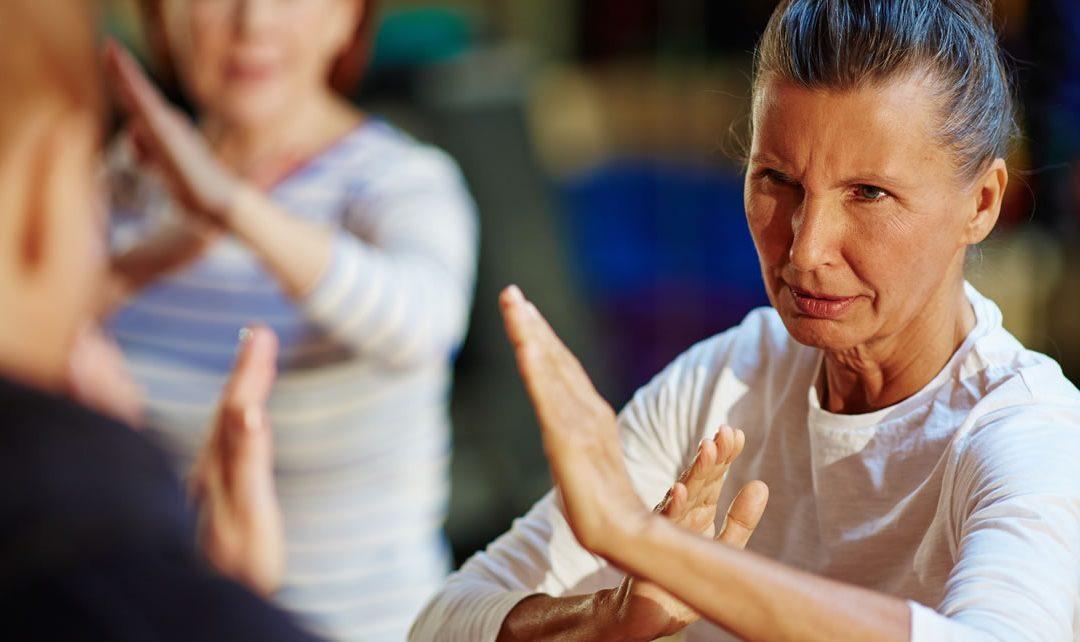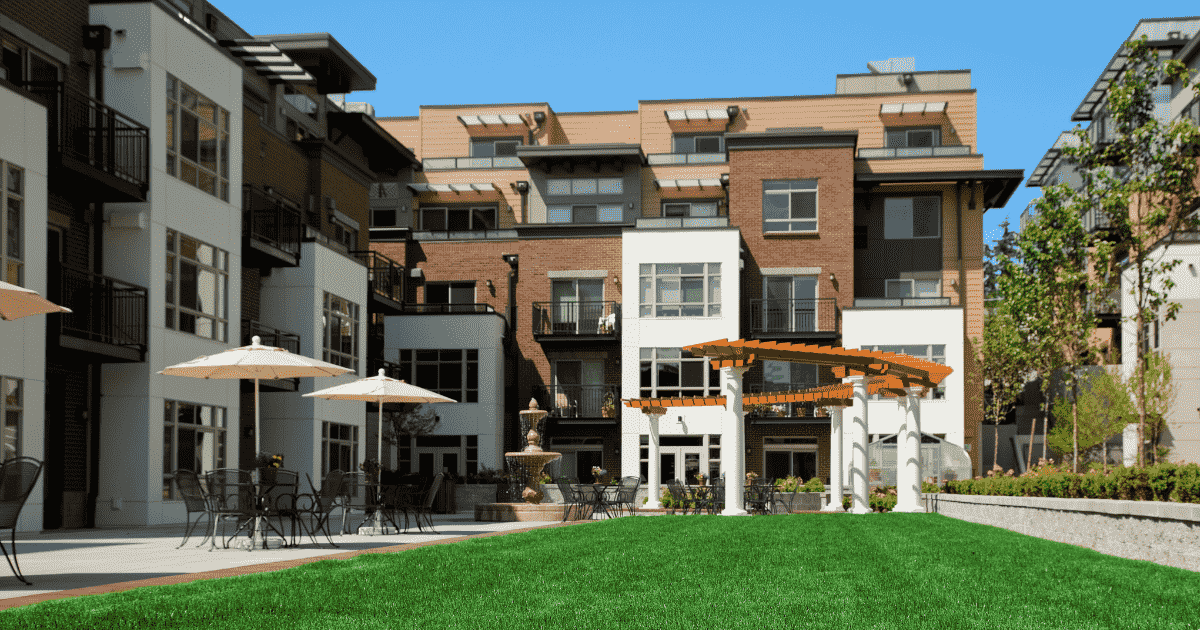In my last article I wrote about how I believe awareness is the first line of defense in ensuring your safety in a volatile situation. But you should also understand the fight or freeze response. By knowing how we process emotions created in different situations, we may be able to deal with them in a more effective manner.
Many martial artists convince their students why their techniques are superior. They say they will teach their students to be safe in all situations. I feel this only creates a false sense of safety. It’s fine for someone who spends years training, but not for a self-defence course. It is important to work with instinctual movements as well as simple attacks or strikes. Let’s discuss what actually happens to a person when they become involved in a violent altercation.
Most of us live a fairly peaceful life; we do not experience the emotions of total fear and dread for our lives. Once violence escalates we often lose certain abilities we take for granted. We are faced with the possible loss of our depth and peripheral vision. There is an increase in the time needed to respond and our fine or complex motor skills are often handicapped.
A common response is to feel sick, with your heart racing. You may experience strong trembling or freezing. Will all of this happen? I cannot answer, but the less prepared you are, the greater these issues can be.
A loss of fine motor skills means we are less likely to be able to do complicated moves to disable or defeat an assailant. I could teach you a five-step process on how to place someone into a solid arm lock, but it is unlikely that in a situation where you need this, you would actually be able to perform the lock successfully. We need simple and direct actions.
Each of these losses is directly related to how you perceive the threat. Have you ever experienced a threat like this? Is it a life or death situation? How close is the threat? Are you with your children or spouse or by yourself? All these things come in to play. Another important piece of this comes from you. Do you feel confident in your own abilities to diffuse or escape the situation?
Self-defence is about using your natural reactions and to understand you are only creating an escape. One of the reasons it is so important for women of all ages to take a self-defence course is because you get an opportunity to go deeper inside of yourself and bring out your inner strength. Understanding basic strikes and moves can help lessen the effect of all the losses we talked about. When a person feels more in control, feels like they have the skills and knowledge needed to escape a situation, they are less likely to freeze due to the loss of these abilities.
Often I hear the question, what if I fight back? Wouldn’t that just make them angrier? It might, but the main issue is, if they are controlling the situation, you have no idea if they plan to murder or cripple you. When a woman fights back, regardless if she is successful in deterring the attack or not, she will heal quicker, both emotionally as well as physically, knowing she fought back as opposed to living with always blaming herself for not fighting back.
Most predators are looking for an easy target. They want people who appear to be victims, nervous, not paying attention.
Try to find someone in your area to give you some self-defence training. Have a friend or partner who you can occasionally practice with.
A study about women who took self-defence classes found they were less likely to experience sexual assaults and were much more confident in their ability to defend themselves compared to women who had not taken any self-defence classes. Again, this comes down to awareness, assessing the situation and knowing the course of action to take.
Until next time, stay safe and always stay aware.
Brian McCracken is a sales rep with Royal LePage First Contact Realty in Barrie, Ont. He also has more than 25 years of martial arts expertise, including a Tae Kwon Do Blackbelt and experience in Krav Maga, kickboxing, boxing, Mauy Thai and ju-jitsu.












